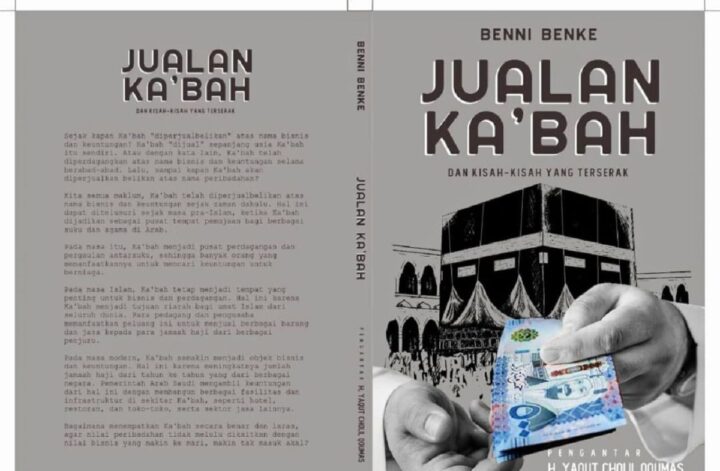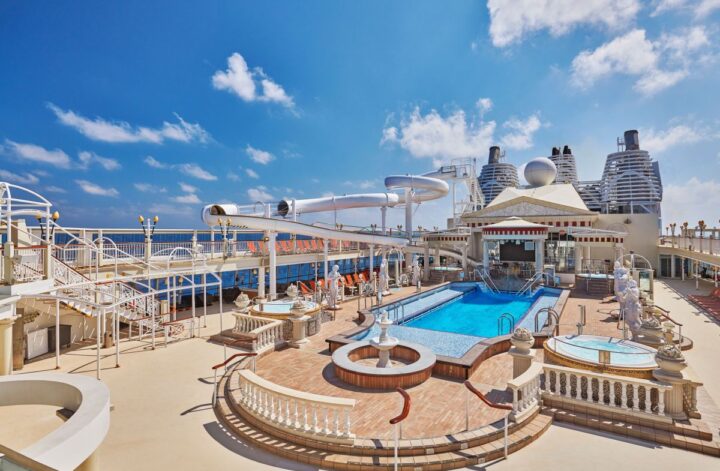PPIH is a term that stands for “Perjalanan Ibadah Haji” which translates to the journey of the Hajj pilgrimage. This journey is a sacred and significant one for Muslims around the world, as it is one of the Five Pillars of Islam. Every year, millions of Muslims from all corners of the globe travel to the holy city of Mecca in Saudi Arabia to perform the Hajj, a pilgrimage that is mandatory for all able-bodied and financially capable Muslims to undertake at least once in their lifetime.
One of the most important rituals of the Hajj is the Tawaf, where pilgrims walk around the Ka’bah, a sacred and ancient structure located in the center of the Masjid al-Haram in Mecca. The Ka’bah is considered the holiest site in Islam and Muslims believe that it was built by the Prophet Ibrahim and his son Isma’il as a house of worship for Allah.
Over the years, the Ka’bah has been a focal point for various stories and legends, one of which is the tale of the “Jualan Ka’bah dan Kisah-kisah yang Terserak” or the Sale of the Ka’bah and the Scattered Stories. According to this story, during the pre-Islamic era, the Ka’bah was once put up for sale by the Quraysh tribe in Mecca due to a severe famine that had struck the region. The tribe hoped that by selling the Ka’bah, they would be able to alleviate their financial hardships and feed their people.
However, when a wealthy man named Abu Sufyan ibn Harb offered to buy the Ka’bah, a young man named Abdullah ibn Jaz’an stepped forward and protested against the sale. He argued that the Ka’bah was a sacred and holy site that should not be bought or sold like any other piece of property. His impassioned plea resonated with the people of Mecca, who ultimately decided to cancel the sale and preserve the sanctity of the Ka’bah.
The story of the Sale of the Ka’bah serves as a reminder of the importance of respecting and preserving sacred sites and traditions. It also highlights the power of individuals to stand up for what they believe in, even in the face of overwhelming odds.
As Muslims continue to make the journey of the Hajj year after year, the stories and legends surrounding the Ka’bah will continue to be passed down from generation to generation, serving as a source of inspiration and guidance for all those who seek to deepen their connection with their faith and heritage.




